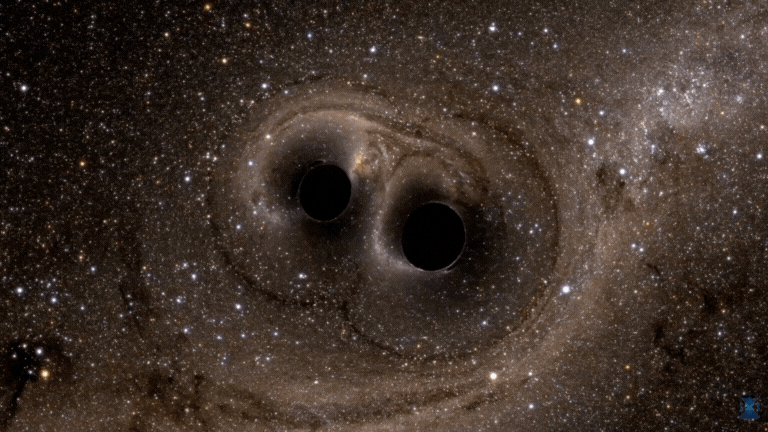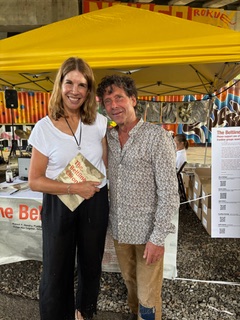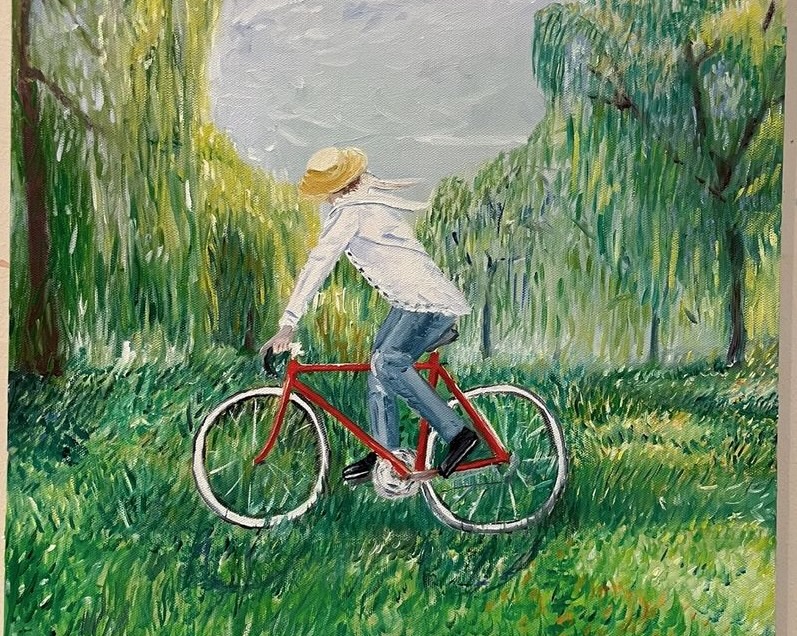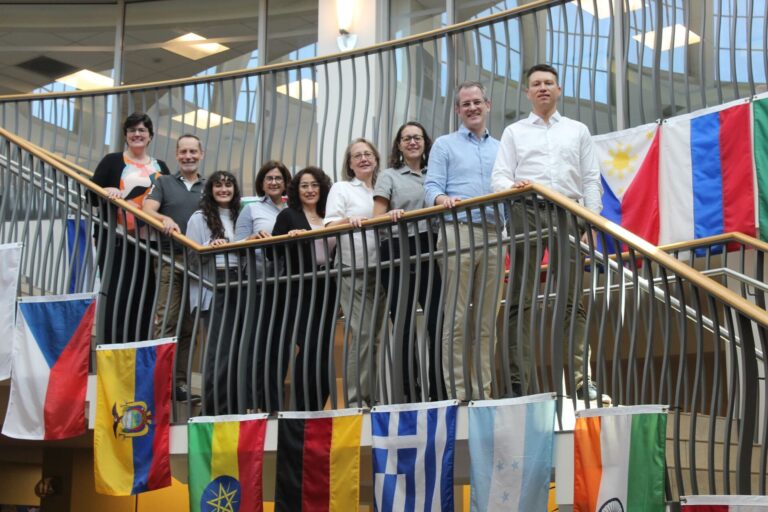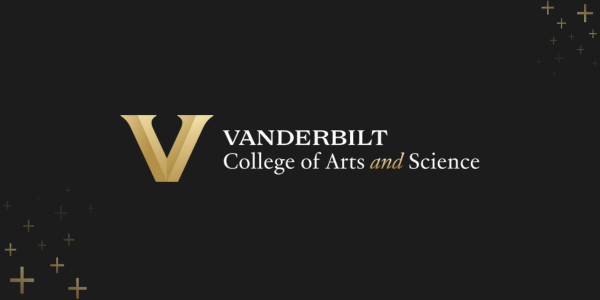Research
Quantum Potential Podcast SPECIAL EPISODE: AI, Propaganda and Democracy with Brett Goldstein and Brett Benson
Oct. 19, 2025—Political propaganda and artificial intelligence–driven misinformation are infiltrating social media accounts, and Americans need to do something about it. That’s the warning revealed in research from two Vanderbilt professors and discussed on this spe...
On the 10-year anniversary of the first gravitational wave detection, A&S astrophysicists lead the way in discoveries
Oct. 16, 2025—On September 14, 2015, at 4:51 a.m. Central Time, scientists witnessed something no human had ever seen before: two black holes colliding. These black holes, which were 29 and 36 times the mass of the sun, respectively, had been circling each other for millions of years. Their rotations became increasingly faster until they eventually collided...
Robert Barsky highlights Atlanta’s history and arts culture while giving back to the community
Oct. 15, 2025—For those experiencing writer’s block, or just looking for inspiration, journeying outside and spending time in nature may be the answer. The natural world has a cadence that helps us relax and refocus, allowing creativity to flow. This was the case fo...
Andy Schwartz: Leveraging AI to improve the human condition
Oct. 12, 2025—As far back as he can remember, Andy Schwartz has been fascinated by two things—how the brain works and how humans process natural language. “I had always been interested in the mind and language, stemming from my own struggles with reading, dyslexia...
Researchers discover method to make traditional topical antibiotic safe to inject, potentially reducing antibiotic resistance
Oct. 9, 2025—Ointments like Neosporin contain the antibiotic neomycin, which works great to kill bacteria on the outside of the body when you scrape your knee or have a hangnail. But inside the body, neomycin does more harm than good—kidney and neurological damage ...
Vanderbilt researchers’ work on cover of Science
Oct. 8, 2025—Through a collaboration between US and Kenyan researchers and Turkana communities of northern Kenya, scientists have uncovered key genetic adaptations underlying survival in hot and dry environments, revealing how natural selection has enabled this pas...
Robert Barsky highlights Atlanta’s history and arts culture while giving back to the community
Oct. 8, 2025—For those experiencing writer’s block, or just looking for inspiration, journeying outside and spending time in nature may be the answer. The natural world has a cadence that helps us relax and refocus, allowing creativity to flow. This was the case for Professor of French and Comparative Literature Robert Barsky, who completed a solo bicycle...
Vanderbilt’s Center for Global Democracy partners with Notre Dame’s Kellogg Institute to launch the 2025/26 AmericasBarometer survey
Oct. 7, 2025—Starting in October 2025, the Center for Global Democracy, with support from the Kellogg Institute, will conduct the 2025/26 round of the AmericasBarometer, which tracks public opinion on democracy in 20 countries across the Americas. The initiative bu...
Vanderbilt’s Center for Global Democracy partners with Notre Dame’s Kellogg Institute to launch the 2025/26 AmericasBarometer survey
Oct. 7, 2025—Vanderbilt University’s Center for Global Democracy is partnering with the University of Notre Dame’s Kellogg Institute for International Studies to carry forward one of the world’s leading surveys on democratic governance. Starting in October 2025, the Center for Global Democracy, with support from the Kellogg Institute, will conduct the 2025/26 round of the AmericasBarometer, which...
Immersion experience in Vietnam sparks curiosity and understanding for Vanderbilt students
Oct. 5, 2025—As Vanderbilt students Katie Wong (junior), Ren Adajar (junior) and Christin Ann Sanchez (senior) coasted through the bustle of Ho Chi Minh City on the backs of motorbikes, holding tightly onto their peer tour guides this past May, it was hard to belie...


